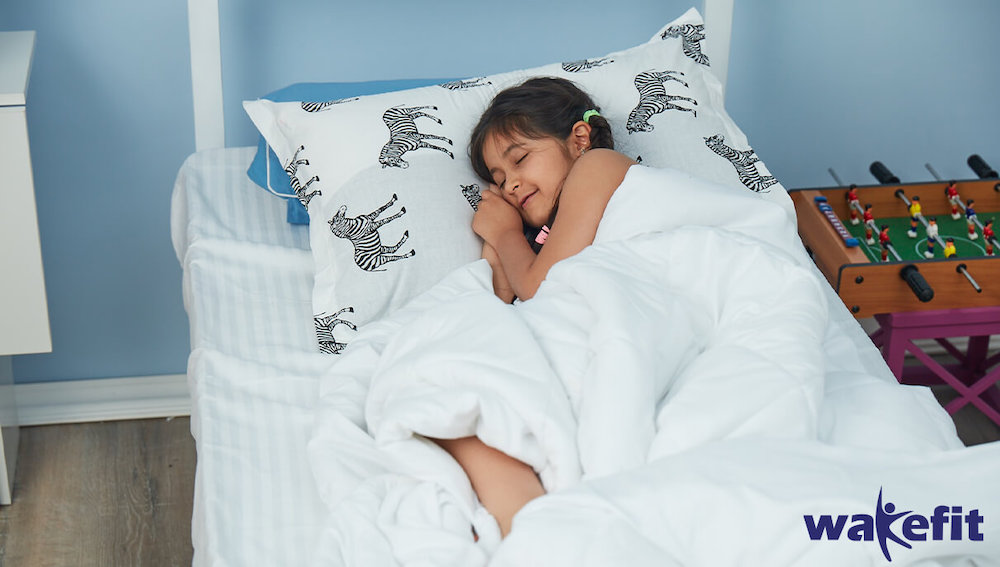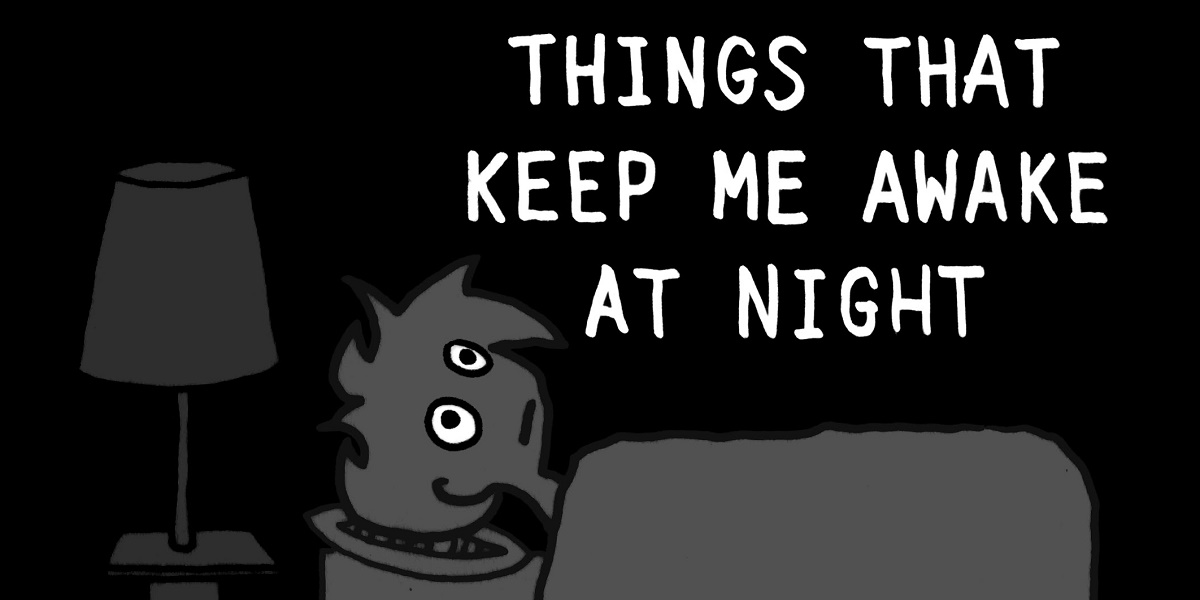Children and adults sleep differently. Their sleep requirements are different too. This Children’s Day, learn about your child’s sleep needs to help them sleep better.
Children sleep needs, according to age
For a baby under six months of age, the internal clock isn’t formed yet. In the first couple of weeks, they might sleep for about 17 to 18 hours a day, 4 hours at a stretch. They need to be fed during these breaks for better health.
Within three months’ time, expect children to be sleeping 8 to 9 hours during the night with a couple of interruptions. Two short daytime naps seal the deal for them.
It is good to develop a sleep routine for a baby under six months’ age too. This could be something as simple as putting them into their crib before they doze off. You can either give them a warm sponge bath or read to them to put them to sleep.
For babies between six months and a year, 13 hours to 14 hours of sleep should be sufficient.
To help yourself and your baby through this period, try not to pick them up when they wake up. This way, they will learn to fall asleep on their own.
For toddlers too, that is, kids between the ages of one and three years, 14 hours of sleep is good enough. Teething could be a challenge to a toddler’s sleep. For this, you could help them by rubbing their gums lightly with your finger or using a gauze pad.
The other factor to keep in mind in order to help your toddler sleep better is to tell them happy stories before bed. These children have active dreams and nightmares. To avoid the latter which might disrupt their sleep, avoid ghost stories.
In today’s world of devices, it is very hard to keep your children away from gadgets. However, according to sleep experts, it is necessary you limit your child’s screen time. Another healthy sleep tip that one can follow is to not give their children screen devices at least two hours before bed.
For preteens, eight to ten hours of sleep at night is ideal to avoid sleep debt (accumulated sleep-deprived hours). Stress becomes a part of their life with studies and sports and other activities. To avoid anxiety or restlessness in preteens, it is necessary that they have a fixed time for bed. Even on weekends, they should try and go to bed and wake up during the same time in order to avoid sleep deprivation.
For teens, eight hours of uninterrupted sleep every night has numerous health benefits. According to research, better sleep even enhances a child’s ability to learn. When they are well-rested, children’s cognitive functions are far superior compared to that of children who do not get enough sleep or quality sleep every night.
To help your teenager sleep better, suggest them to take their caffeinated drinks during the day, the last cup at noon. Also, it is best to take your first cup of caffeinated brew at least three hours after waking up.
Children’s sleep needs change with age. Keeping this in mind will allow you to help your child sleep better, which is very important for their all-round development.




No Comments